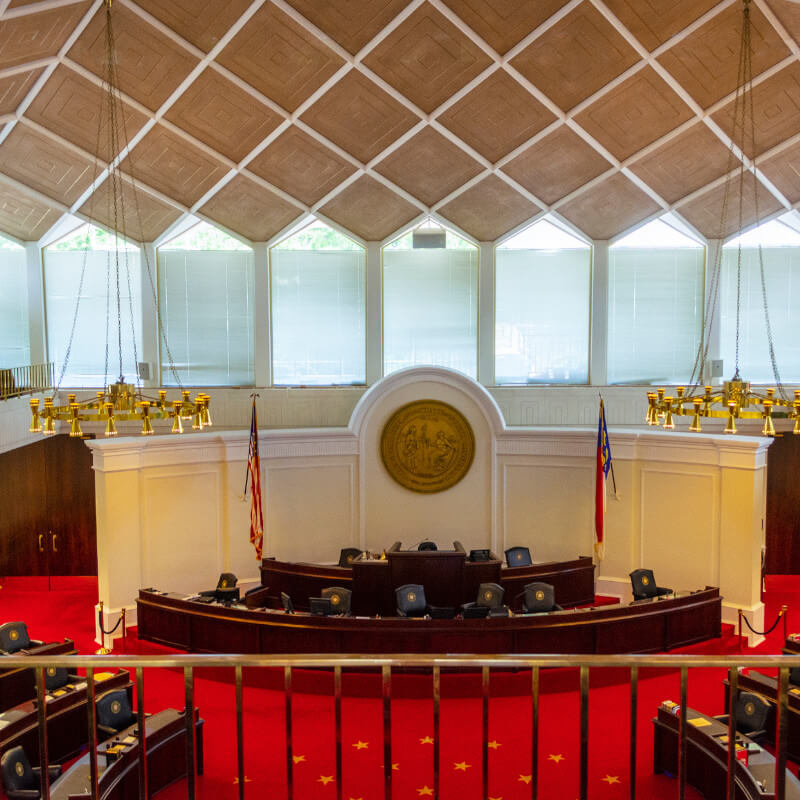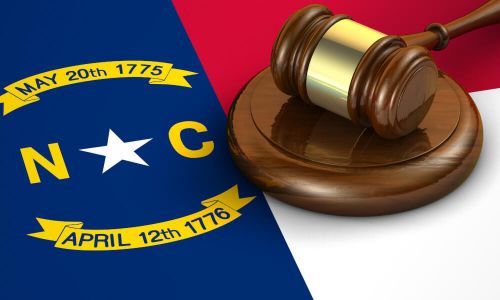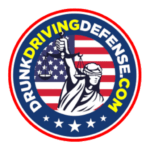North Carolina Implied Consent Law for DWI
The North Carolina implied consent law mandates that drivers suspected of driving while intoxicated (DWI) must submit to chemical testing. These chemical tests could take the form of DWI breath tests, DWI blood tests, or DWI urine tests to determine their blood alcohol concentration (BAC) or the presence of drugs.
This law is based on the principle that by driving on North Carolina roads, motorists implicitly agree to these tests if lawfully requested by a police officer following an arrest for DWI.

The Legal Basis for the North Carolina Implied Consent Law
The North Carolina General Statutes (NCGS) § 20-16.2 outline the implied consent law. It specifies that any person who drives a vehicle on public highways in the state is deemed to have given consent to a chemical analysis if they are arrested or charged with an implied consent offense, such as DWI.
Conditions for the North Carolina Implied Consent Law
- The law enforcement officer must have reasonable grounds to believe that the driver was operating the vehicle under the influence of alcohol or drugs.
- The driver must be informed of their rights and the consequences of refusing the test, including the immediate revocation of their driving privileges.
What Types of Tests Are Permitted Under North Carolina’s Implied Consent Law?
The North Carolina implied consent law permits breath, blood, and urine tests. The arresting officer typically chooses the type of test to be administered. Breath tests are most commonly used due to their non-invasive nature and immediate results.
What Happens If I Refuse A Test Under The North Carolina Implied Consent Law?
Refusing to submit to a chemical test under North Carolina’s implied consent law carries several penalties:

Immediate License Revocation
- Upon refusal, the driver’s license is immediately revoked for 30 days.
- An additional revocation of at least one year is imposed by the Division of Motor Vehicles (DMV), regardless of the outcome of the DWI charge.
Admissibility in Court
- The refusal can be used as evidence against the driver in court proceedings, potentially influencing the outcome of the DWI case.
No Limited Driving Privilege
A driver who refuses to test is not eligible for a limited driving privilege during the revocation period, which restricts their ability to drive for work or essential activities.
Is There A Defense Against The North Carolina Implied Consent Law?
Drivers do have specific rights under the North Carolina implied consent law, including:
- Right to Be Informed: Drivers must be informed of their implied consent rights and the consequences of refusal before being asked to submit to a chemical test.
- Pre-Trial Hearing: Drivers can request a pre-trial hearing to contest the administrative license revocation within 10 days of the arrest. This hearing is conducted by a magistrate or judge who will determine the validity of the refusal and arrest.
- Independent Testing: After submitting to the state-administered test, drivers have the right to seek additional independent DWI tests at their own expense to verify the accuracy of the state’s test.
Additional Considerations for The North Carolina Implied Consent Law
While the North Carolina implied consent law may seem ironclad, there are some additional considerations that are often overlooked. These could be used to invalidate the police evidence or act as a loophole to get certain evidence dismissed.
These additional considerations for the North Carolina implied consent law include:
Are Field Sobriety Tests Valid for the North Carolina Implied Consent Law?
Field sobriety tests, such as the walk-and-turn or one-leg stand, are not part of the implied consent law. Refusal to perform these tests does not carry the same penalties as refusing a chemical test.



What About Medical Conditions That Affect Chemical Tests?
Drivers with medical conditions that may affect the results of chemical tests can use these conditions as a defense. For example, certain medications or health issues may mimic intoxication symptoms or interfere with test results.
Fighting The North Carolina Implied Consent Law
North Carolina’s implied consent law is a critical component of DWI enforcement, aimed at maintaining road safety by deterring impaired driving. Understanding the legal obligations and consequences under this law is essential for drivers. Refusing a chemical test can lead to significant penalties, including license revocation and potential adverse implications in court.
If you’ve been charged with a DWI under the North Carolina implied consent law, then you may have options to beat the charge. Call us today at 1-888-839-4384 to find a North Carolina DWI attorney near you who can help you beat your DWI charge.
Find The Top-Rated DUI Lawyers Near You
We have listings for the top DUI lawyers in all 50 states and the District of Columbia. Find the best DUI lawyer for you by clicking on your state here.




